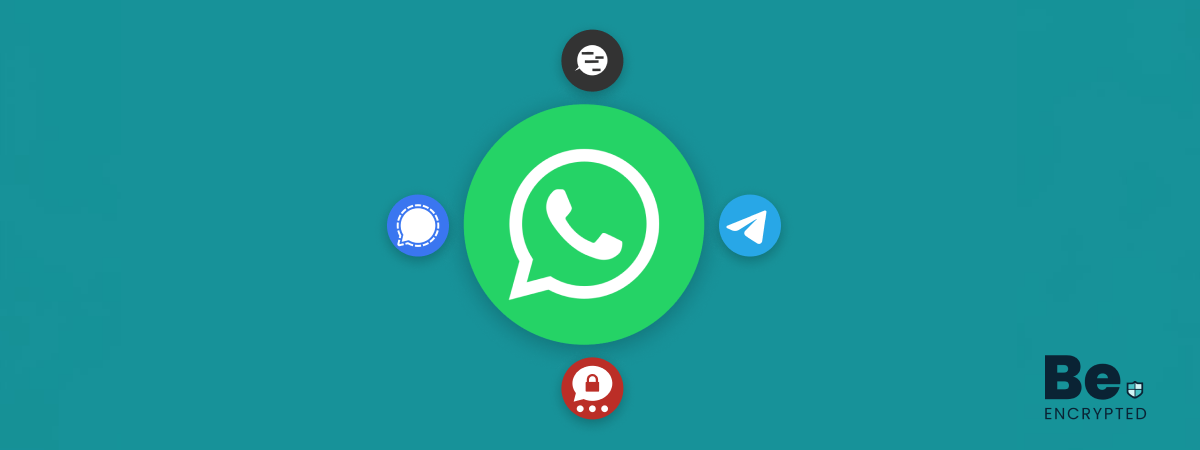WhatsApp is among the most popular instant messaging apps, boasting over two billion users. The app has gained popularity due to its easy communication and information-sharing options. However, despite its popularity, there are concerns about Facebook as WhatsApp’s parent company.
Admittedly, Facebook promises to protect your information from third parties; however, its track record in keeping its users’ data private is not exactly spotless. There is a lack of knowledge about what other data will be collected, such as your devices, connection usage, location, etc.
So where do we go now?
WhatsApp’s new policies are disturbing to many users. Many of them have started searching for other messaging apps that will give them similar functionality without intruding on their privacy unannounced.
There are plenty of other messengers in the market. This article covers four trendy WhatsApp alternatives that you can use if you think that Facebook has gone too far again.
Why do you mean “secure”?
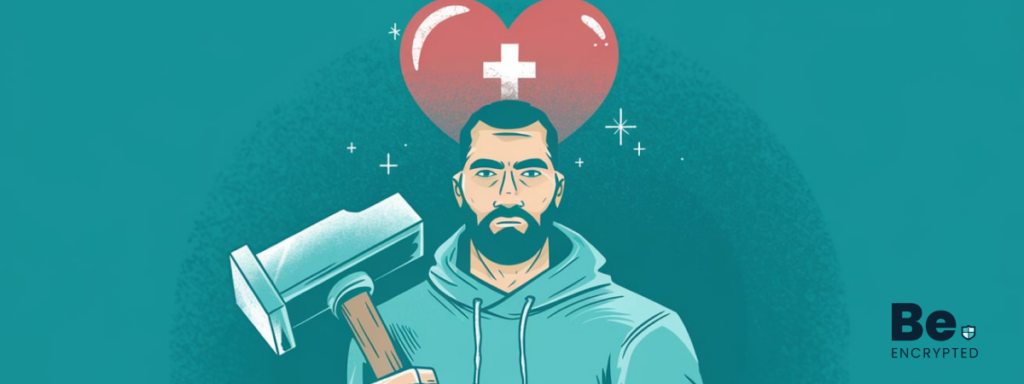
The one thing we must have in any messaging app is security. But how can you tell if an app is secure or not? An app worth your trust must include the following minimum features to protect your privacy and security:
- End-to-end encryption. Almost every messenger says it provides E2E. Encryption is to scramble your data when it’s traveling between you and the recipient so that it looks like random noise to third-party observers. Every message, including multimedia content, is encrypted in your device before it goes off to your interlocutor; the recipient’s app decrypts it. As we said initially, most apps support E2E, but you must ensure the feature is active by checking the settings because it’s not a universal default.
- Open-source code. Messengers based on open-source code are extra trustworthy. This is because access to the source code allows security professionals and auditors to ensure the software works as it should, understand the tasks in the background, and suggest improvements. Proprietary software, on the other hand, keeps its code confidential. It’s a black box as far as users and analysts are concerned. You don’t know what it does or how it does it, so you have to trust it blindly.
- Data collection. The fact that your app encrypts your data doesn’t imply that it’s also not collecting it. Information about your contacts, communication sessions, devices, private IP addresses, and other such things is solid gold for companies that know how to mine through the data and make sense of it. So you must make sure you’re using a messenger that is not spying on you, literally.
- Shredding of messages and automated deletion. You can set an automatic expiration date for stored messages. This way, all the information in your app that is older than a given date will be deleted automatically. However, not all sheep are equal. Some deletion methods still allow for message reconstruction with digital forensic techniques. You want a deletion that works in the sense that nothing erased can be recovered. The industry calls this feature “shredder.” That option completely deletes voice notes, videos, images, and texts.
Best alternatives to WhatsApp – Detailed list
So now that we know what we want in our messaging apps, let’s see each of the top four WhatsApp alternatives we listed after thorough research and testing.
1. Wickr
Wickr has a self-destructive messaging system like Snapchat, but it allows the sender to set a timer ranging from a few seconds to more than five days. The timer running out will erase the message from the receiver’s end.
It offers 4,096-bit RSA encryption, which is a highly secure protocol. It also deletes metadata from messages such as location, date, day, time, and device information. Moreover, the message shredder is a highly advanced feature that removes any hacker’s possibility of recovery.
Wickr messages can contain plain text, pictures, video, audio, and attached files. It also includes convenient integration with Dropbox and Google Drive. Users do not need a number or an email address to create an account on Wickr.
2. Signal
If our current widespread concern about digital privacy and security has a father, that would be Edward Snowden. He (along with several additional reputable security and privacy experts) recommends Signal himself. This app is considered one of the best options in the current market, and it delivers each of the options we enumerated in the previous section, plus much more.
The Signal Foundation developed this app in 2018 as an open-source project, and donations fund it.
No official numbers are available for Signal, but app representatives told The Verge that the app had served more than 40 million users as the year began.
Security is at the top of Signal’s priorities. Everything is sent through E2E (even stickers). You can even set up a password against the accident of your phone getting lost.
Another feature of Signal is that it saves as little metadata as possible, only as much as is necessary for it to function.
You can do anything you can in WhatsApp in Signal except for status updates and automatic cloud backups. However, you can still react to individual messages with emojis, pixelate faces on pictures automatically, and set a message deletion period. One single account allows you to use one mobile device and five desktops.
However, if you change your mobile number, not all of your contacts will be notified, so if you’re in any group, you’ll need to be added again by hand.
We are not promoting the Signal, but an honest look shows no significant security risks. No data is collected because it’s run by a non-profit, which is how most companies behind these apps make money.
3. Telegram
Nikolai and Pavel Durov, two Russian brothers, developed and launched Telegram in 2013. Their brains are also behind VK’s (VKontakte previously) creation, the social media platform dominating the Russian Market.
Telegram is their latest non-profit venture. It seeks to offer total privacy and anonymity or get as close as possible. The corporation is headquartered in London, but the developing team is based in Dubai –it’s a tiny group of 15 developers.
The platform currently serves about half a billion users, and it was the first option many WhatsApp refugees considered when looking for a new messaging platform.
The Russian government banned Telegram in 2018 as the project refused to give up the app’s encryption codes. This looks great in terms of commitment to user privacy. However, if you want E2E encryption, you must manually enable it in the app’s settings.
You don’t need to give Telegram your exact phone number, you can password protect your messages, and two-factor authentication is available.
If you like all those cool features in WhatsApp, we have good news. Telegram supports all the same things, so you can do everything you’re used to using this app. The platform admits as many as 200k members.
Messages, the whole account, and associated media are automatically deleted if the account remains idle for a given period. You can use Telegram on several devices at once. Telegram allows you to share all kinds of multimedia files as long as they’re under 2GB, and its emojis are undoubtedly the coolest in the industry.
So, what are Telegram’s risks? The first one would be not noticing that E2E encryption is not enabled by default. Toggle it on at once. Also, its MTProto protocol is proprietary, so it has not been as extensively tested as we would like.
4. Threema
This one was developed by a company headquartered in Switzerland. This is good news because Switzerland is a privacy-friendly country, and the local legal context counts for message service companies.
But this one is not free. The company says you will get the industry’s highest security standard for your subscription. Unlike WhatsApp, this open-source option fulfills every data protection requirement mandated legally.
Manuel Kasper developed Threema in 2012. It’s among the smallest services in terms of the user base –only 9 million members so far. All the servers are based in Switzerland.
E2E encryption is enabled by default. You can also communicate with utter anonymity. Every user has a randomly generated ID that is visible to the rest. You don’t need to use your real name in this app, but you can if you want to make things more personal.
Threema’s servers do not permanently store any information (Telegram’s servers do keep everything). All the messages, media in groups, and contact tabs are stored in your phone instead. Once a message is delivered, the server deletes it with no trace left behind. Another good thing with Threema is that it keeps the metadata minimal.
It is similar to WhatsApp regarding functionality, as it offers the same features. The app is still growing, and new features are being added through updates.
You can use your Threema account on your phone or desktop, and the developing team is working on a multi-device solution.
Organizations can also choose Threema Work Messenger, a separate app for communication among working colleagues.
The project’s stance towards security, privacy, and anonymity is impeccable, and it submits its software to regular audits (an advantage of open-source projects). The platform is not a non-profit like Telegram or Signal. But the product they sell is their app, not your data, which is why it can afford to give you the privacy you want.
Share this article
About the Author
Rebecca James is an IT consultant with forward thinking approach toward developing IT infrastructures of SMEs. She writes to engage with individuals and raise awareness of digital security, privacy, and better IT infrastructure.
More from Rebecca JamesRelated Posts
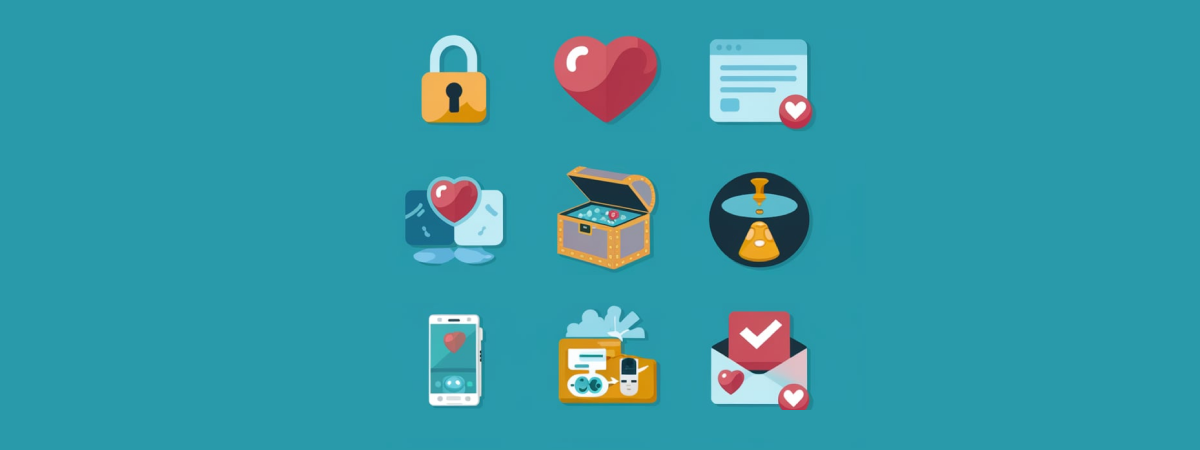
9 Popular Instagram Scams to Know and Avoid in 2024
KEY TAKEAWAYS Instagram scams have become a norm, and there’s a drastic increase in the number of th...
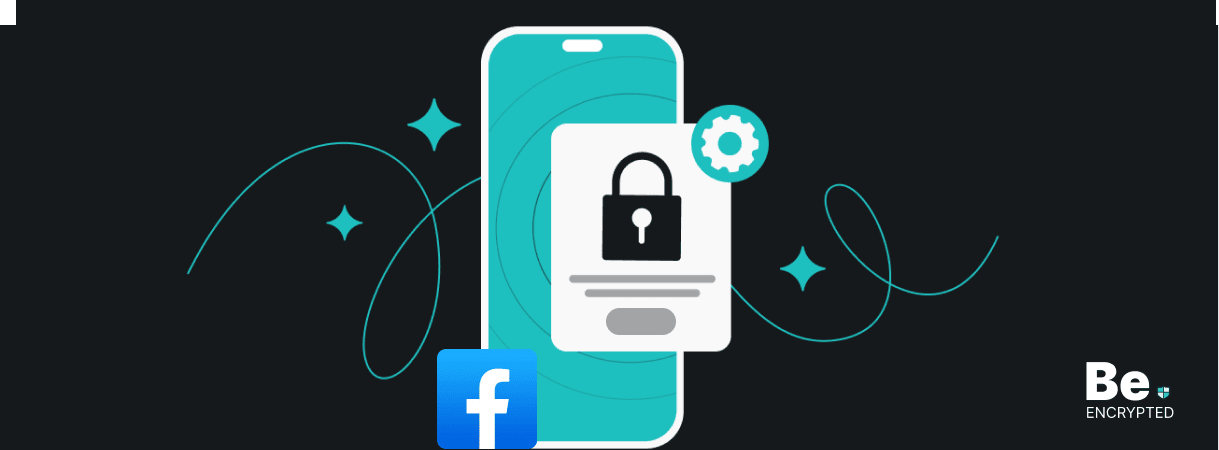
Facebook Privacy Settings: You Shouldn’t Ignore
KEY TAKEAWAYS Facebook monitors its users’ activities and records their data to use such infor...
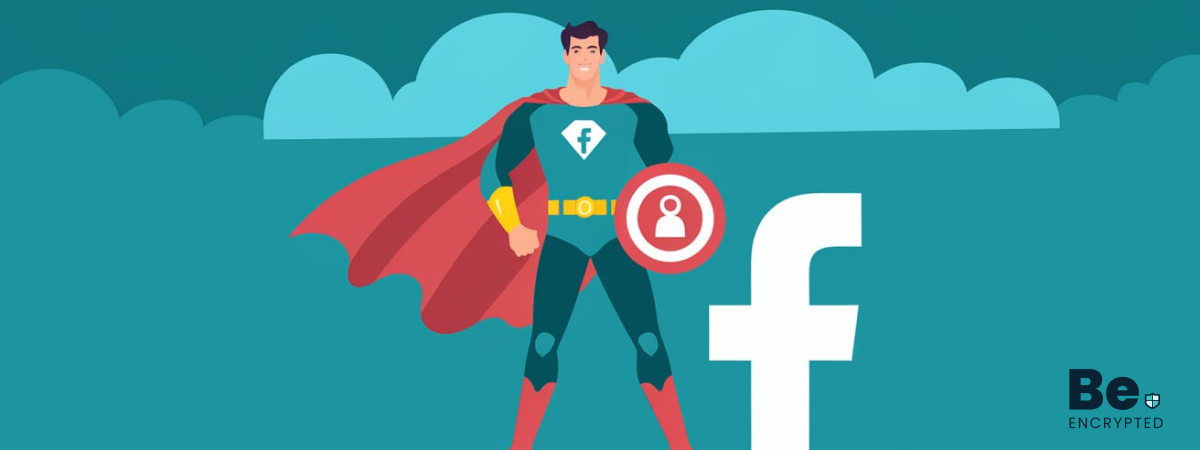
How to Remove and Prevent Facebook Malware
Facebook is the world’s most-used social media platform, with over 3 billion monthly active us...
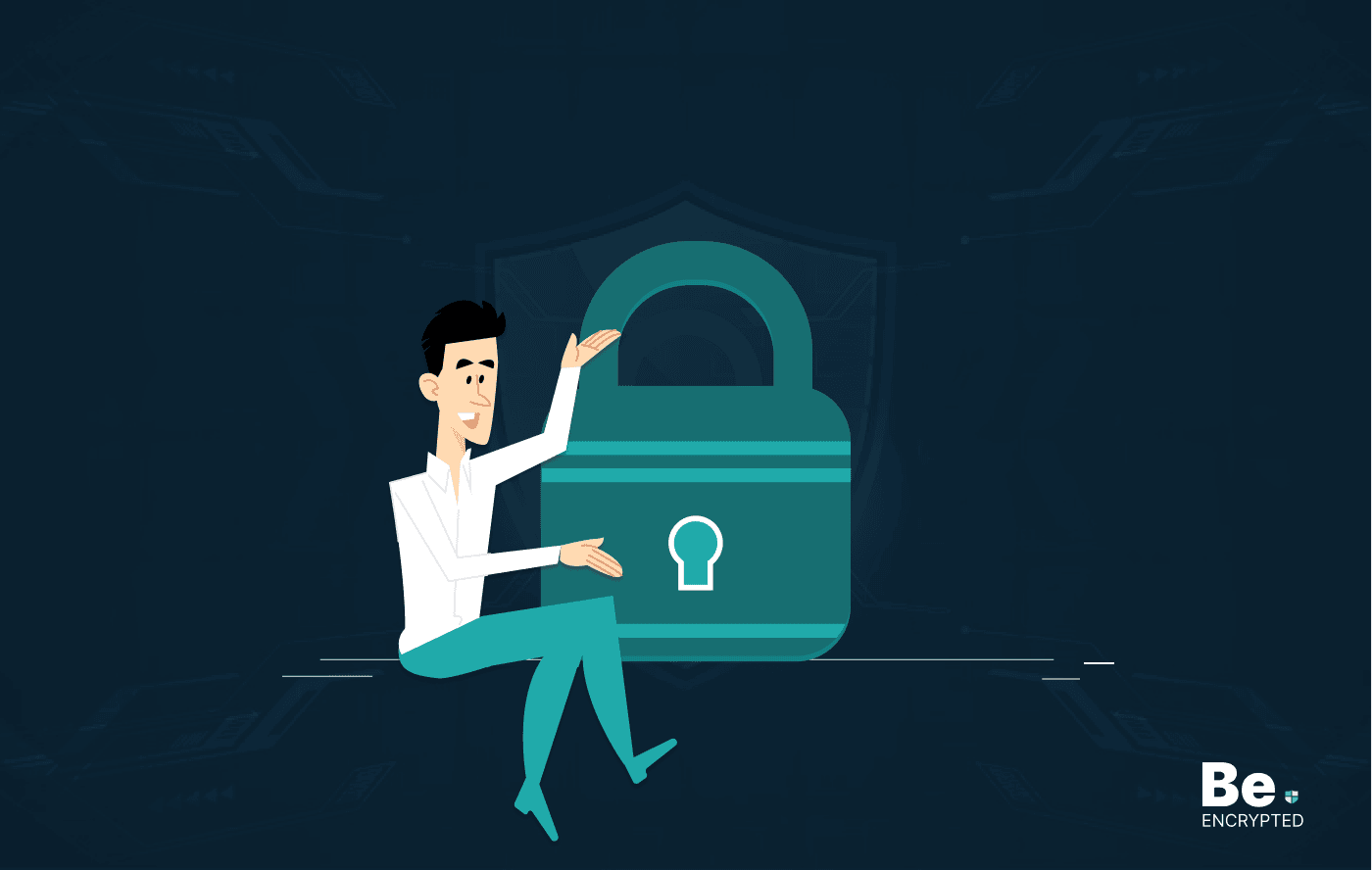
5 Ways to Protect Your Privacy on Social Media
KEY TAKEAWAYS Social media platform, including Facebook, Instagram, X, and more collect your data an...
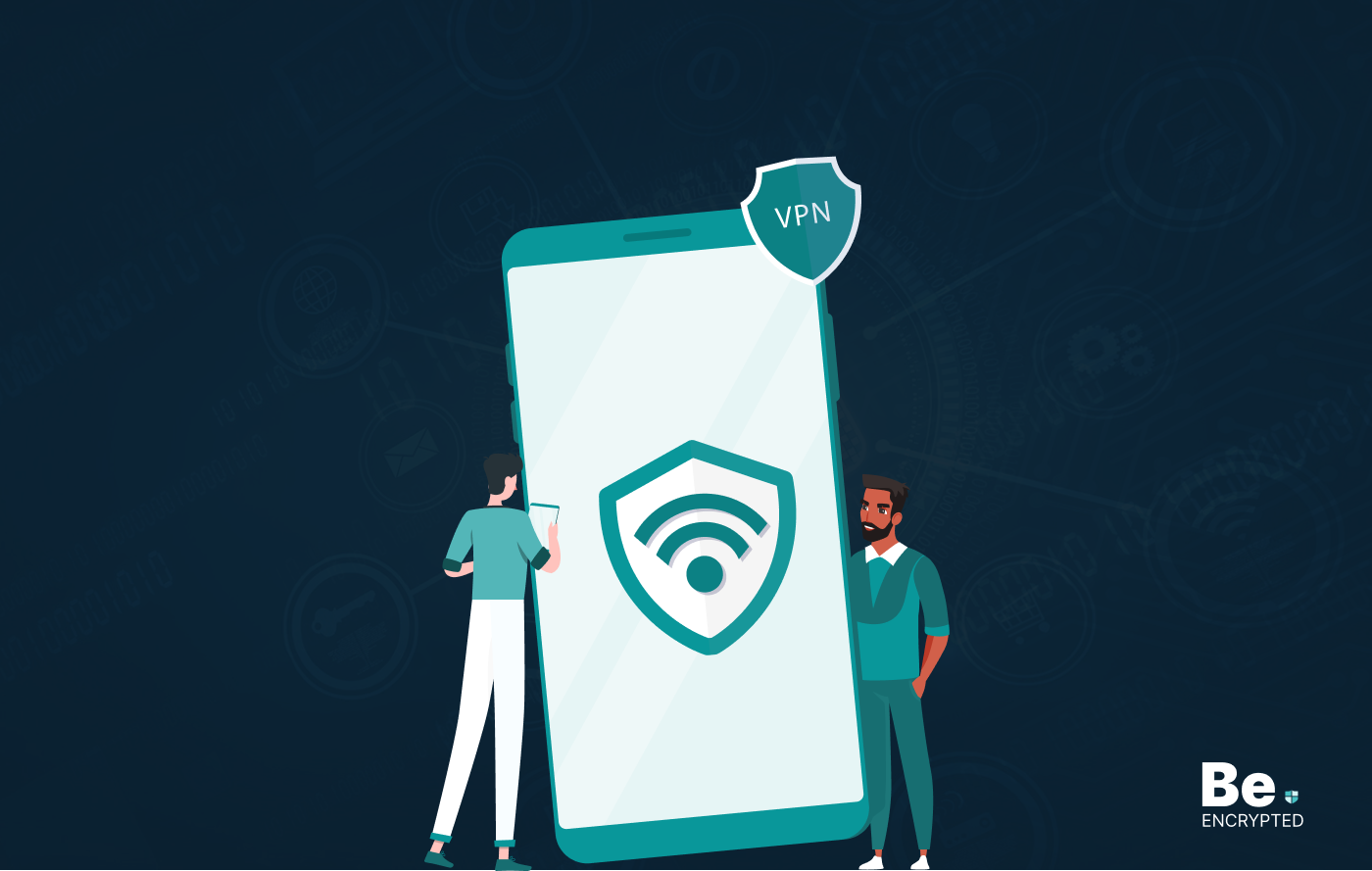
Android vs. iOS: Which is Secure to Use?
KEY TAKEAWAYS Android and iOS are the mostly used operating systems. Both OSs are good, but when it ...

Is Zoom Safe to Use in 2024?
Zoom was a name we were unaware of before the deadly COVID-19 pandemic hit the world and its civiliz...
